Speaker Bios
Please note, speaker bio submissions are still in the process of being collected through September 1, 2023 and will populate to this results page as they are submitted.
Please note, speaker bio submissions are still in the process of being collected through September 1, 2023 and will populate to this results page as they are submitted.
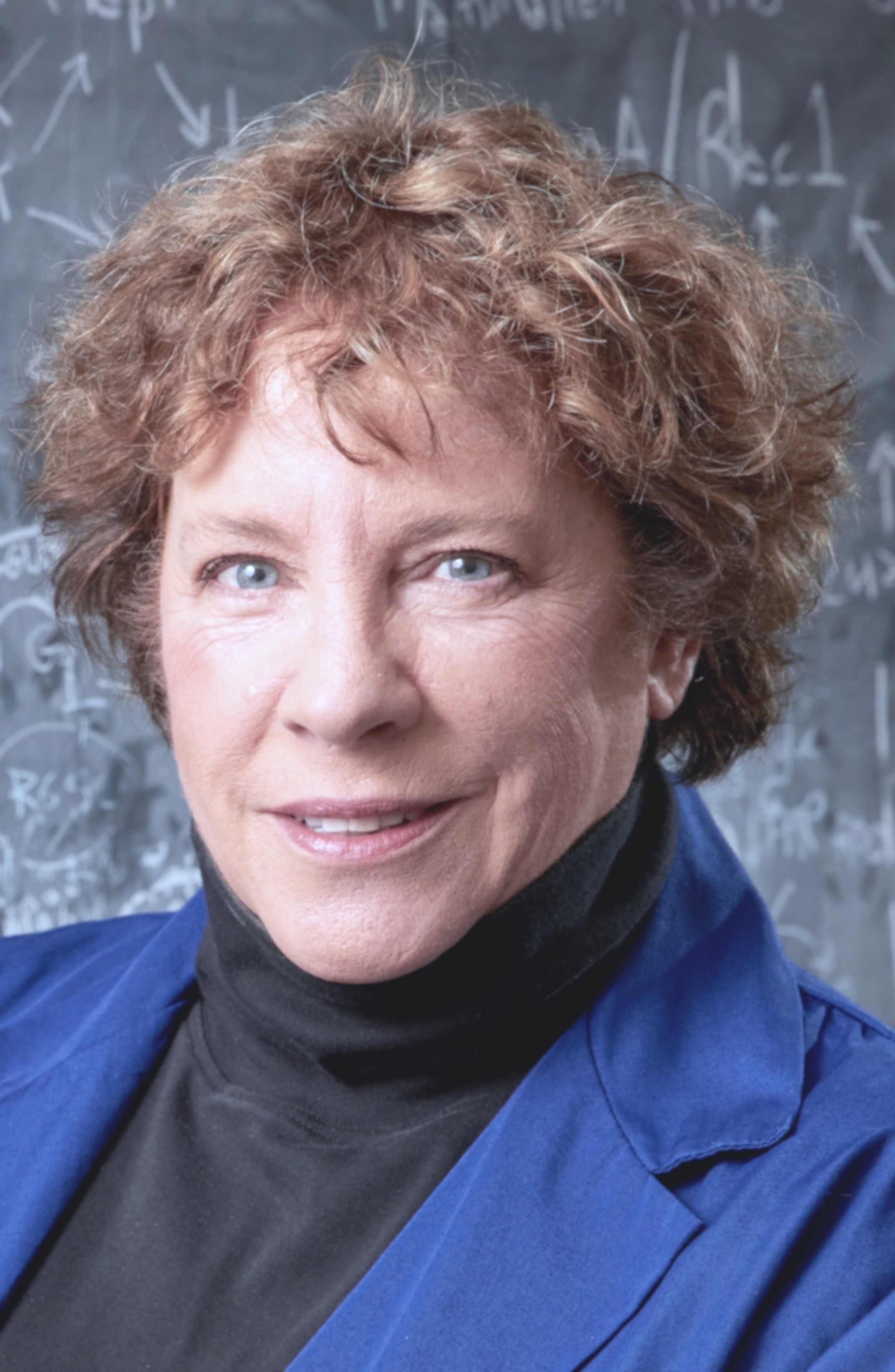
Arnsten studies the molecular regulation of higher cortical circuits in primates, identifying changes with stress, inflammation and age that increase risk of cognitive disorders such as schizophrenia, Alzheimer’s Disease and the cognitive deficits of long-COVID. Much of her research focuses on the prefrontal cortex, a recently evolved region that subserves higher cognition. Arnsten received her BA in Neuroscience from Brown University in 1976, and her PhD in Neuroscience from UCSD in 1981, with postdocs at Cambridge, and then Yale, where she became Assistant Professor in 1986. She is currently the Albert E. Kent Professor of Neuroscience at Yale, and a member of the National Academy of Medicine. She received the Goldman-Rakic Prize for Outstanding Research in Cognitive Neuroscience. Arnsten’s research has led to the development of guanfacine (Intuniv™) for the treatment of cognitive disorders, and prazosin for the treatment of post-traumatic stress disorder.

Richard C. Becker, M.D., MEd, FAHA is a tenured Professor of Medicine at The University of Cincinnati College of Medicine. He is an adjunct Professor of Medicine at Duke University School of Medicine. Prior to his appointment as Chief of Cardiology and Director of the Heart, Lung, and Vascular Institute at The University of Cincinnati College of Medicine, Dr Becker, M.D. was Director of the Duke Cardiovascular Thrombosis Center at Duke University Medical Center and the Duke Clinical Research Institute in Durham, NC.
Dr Becker has published extensively in peer-reviewed journals including, Nature Communications, New England Journal of Medicine, The Lancet, Circulation and Circulation Research, and contributed 85 textbook chapters and authored 12 textbooks. He is the founding editor-in-chief of the Journal of Thrombosis and Thrombolysis, now in its third decade of publication. His current research focuses on molecular regulation in cardiovascular disease, organoid and cardioid cellular models to study cardiotoxicity of chemotherapy drugs, accelerated vascular aging in early-stage breast cancer, biomarkers of post-COVID conditions, and novel platforms for drug development in thrombosis-related conditions.
Dr Becker established the COVID-19 Recovery and Post-COVID Conditions Clinic in the spring of 2020 in response to a growing number of patients with persisting symptoms after an initial infection. The multi-disciplinary clinic includes cardiology, pulmonary, sleep medicine, rheumatology, immunology, neurology, psychiatry, otolaryngology, dermatology, pulmonary rehabilitation, and integrative medicine expertise and has evaluated over 700 patients from the tri-state region and beyond. The clinic established a data and sample biorepository for future research and is available to investigators.
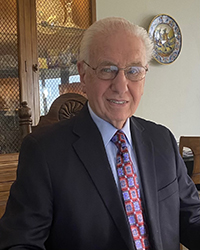
Dr. Bellanti is Professor of Pediatrics and Microbiology-Immunology and Director of the International Center for Interdisciplinary Studies of Immunology (ICISI) at Georgetown University Medical Center. He received his MD degree from the University of Buffalo, followed by residency training at the Children’s Hospital of Buffalo, post-doctoral training in developmental immunology at the University of Florida School of Medicine, Gainesville, Florida, and viral immunology at Walter Reed Army Institute of Research (WRAIR), Washington, DC. Dr. Bellanti’s research team have directed their investigative efforts to antimicrobial research, evaluation of new vaccine strategies and developmental immunology. This work resulted in the initial characterization of the IgM response of the newborn, the identification of the antiviral role of secretory IgA in respiratory secretions and the cellular immune responses to viral infections following immunization or natural infection. He is the recipient of numerous awards and honors, including the prestigious E. Mead Johnson Award for Research in Pediatrics, for outstanding scientific contributions, the Humanitarian Award from the American College of Allergists, the Distinguished Medical Alumnus Award from the State University of Buffalo, New York and the Founder’s Day Award of Georgetown University School of Medicine. Dr. Bellanti has also held numerous leadership positions in national and international organizations including President, Society for Pediatric Research, President, American Board of Allergy and Immunology, President, INTERASMA, President, the American College of Allergy, Asthma and Immunology (ACAAI), President, the Association of Medical Laboratory Immunologists (AMLI), and President, the American Association of Certified Allergists (ACA). Other roles include Editor-in-Chief of several journals including Pediatric Research, Annals of Allergy, Asthma & Immunology, and Allergy and Asthma Proceedings. He has published over 500 scientific articles and abstracts, as well as numerous textbook chapters and his widely acclaimed textbook in immunology, Immunology IV: Clinical Applications in Health and Disease.
Current position
Colin Berry is a Professor of Cardiology and Imaging in the University of Glasgow. He is Director of Research in the Golden Jubilee National Hospital and a Consultant Cardiologist in this hospital and in the Queen Elizabeth University Hospital in Glasgow.
Professor Berry is currently an Executive Editor of the European Heart Journal, President of the British Society of Cardiovascular Magnetic Resonance, and member of the Clinical Trials Committee of the Society of Cardiovascular Magnetic Resonance.
Background
Professor Berry studied medicine at the University of Glasgow (1987-1993) and physiology (Maîtrise) at the University of Paris (1989-1990). He was awarded a PhD in cardiovascular science at the University of Glasgow (2002).
Colin Berry trained in Cardiology and Internal Medicine (2001-2006) first in Glasgow and then at the Montreal Heart Institute (2005-2006). Whilst in Montreal, he worked in Jean-Claude Tardif's Atherosclerosis Research Group and used imaging techniques to study stem cells and coronary artery disease. This work was supported by a British Heart Foundation International Fellowship and an International Exchange Award from the Royal Society of Edinburgh. When in Montreal, Colin became the first British clinician to participate in transcatheter aortic valve replacement (TAVR). He then undertook post-doctoral studies (2007-2009) in advanced cardiovascular imaging at the National Heart, Lung and Blood Institute, Bethesda, MD. This appointment was supported by a Lord Kelvin Adam Smith Fellowship from the University of Glasgow. In 2009, Professor Berry secured a Senior Fellowship from the Scottish Funding Council.
Colin is PI for the CISCO-19 multisystem imaging study of people after hospitalisation for COVID-19 (NCT04403607; PMID: 35606551), the CISCO-21 clinical trial of resistance exercise for prevention and treatment of long-COVD (NCT04900961; PMID: 35606551) and Co-PI for the UK COVID-HEART (ISRCTN58667920; PMID: 35606551). He has contributed to multiple biomedical and clinical studies in COVID-19.
References
https://pubmed.ncbi.nlm.nih.gov/?term=colin+berry+covid-19
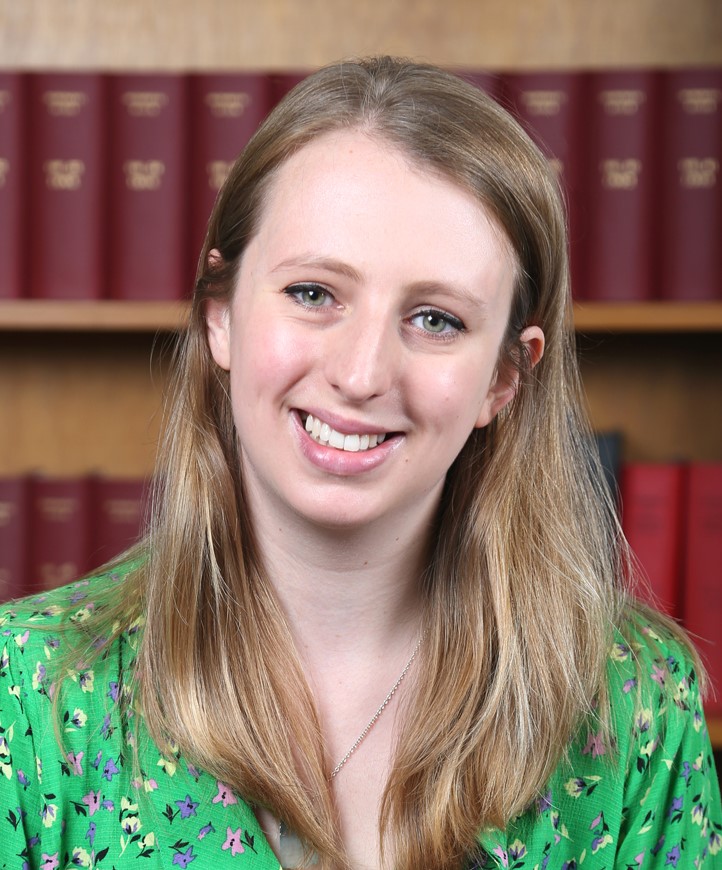
Dr Charis Bridger Staatz is a Research Fellow in Population Health and Quantitative Social Sciences working at the Centre of Longitudinal Studies (CLS) based at UCL. Her research interests are wide spanning across the field of population health, and include: social inequalities in health, particularly obesity and body composition; COVID-19 and long COVID; early life shocks from infections; and, midlife health and international comparisons.
She is also the co-lead for the Physical Health Theme of research at CLS, and from September 2023 will take on the role of Research Fellow in Impact Evidence alongside her current position. In her new role, she will be responsible for evidencing the way in which data from the cohort studies hosted by CLS (specifically, the 1958 National Child Development Study, the 1970 British Cohort Study, Next Steps, and the Millennium Cohort Study) has influenced research/knowledge, teaching, policy and practice.
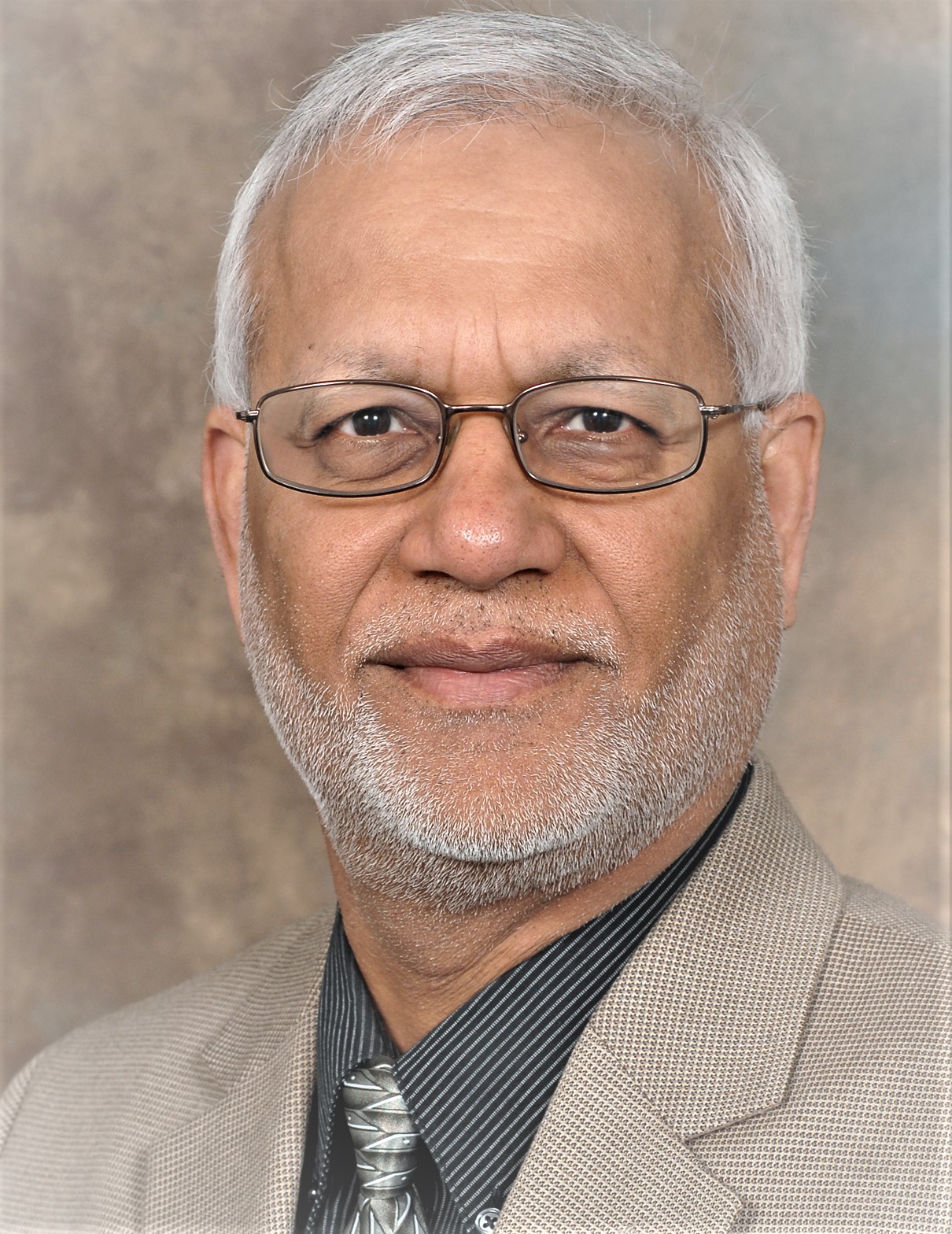
After completing Ph. D. research work at the Indian Institute of Science, Dr. Choubey joined the Department of Molecular Biophysics and Biochemistry at Yale University in early 1986 for his post-doctoral training. During the training, he identified a novel family of the type I interferon (IFN)-inducible proteins (referred to as AIM2-like receptor family or ALR-family) and investigated their potential roles in cell growth inhibition. The ALR-family proteins, upon sensing cytosolic DNA, either stimulate the expression of the type I IFNs or activate an inflammasome activity. In 1994, Dr. Choubey joined the M. D. Anderson Cancer Center, Houston, as an Assistant Professor to establish his own laboratory to further investigate the role of ALR family proteins in human cancers. In 1998, he moved to Loyola University Medical Center, Maywood (IL), to establish a new research program to investigate the role of ALR proteins in cellular aging (senescence) and in lupus disease. In 2007, Dr. Choubey joined the University of Cincinnati (OH), as a tenured Associate Professor. His laboratory identified a novel role of ALR proteins in female sex bias in the development of lupus, and in cellular senescence associated secretory phenotype (SASP). In 2010, he received a promotion to full professor. He continues to serve as a reviewer for various grant funding agencies (in the US as well as internationally) and certain prestigious journals. He has published extensively on the role of ALR-family proteins in chronic inflammation-associated human diseases. Of interest, long COVID is associated with chronic inflammation. Because the development of long COVID appears to exhibit a female sex bias and individuals with long COVID exhibit lupus-like symptoms, Dr. Choubey’s recent research interests include investigating the potential roles of the ALR proteins in long COVID-associated chronic inflammation.
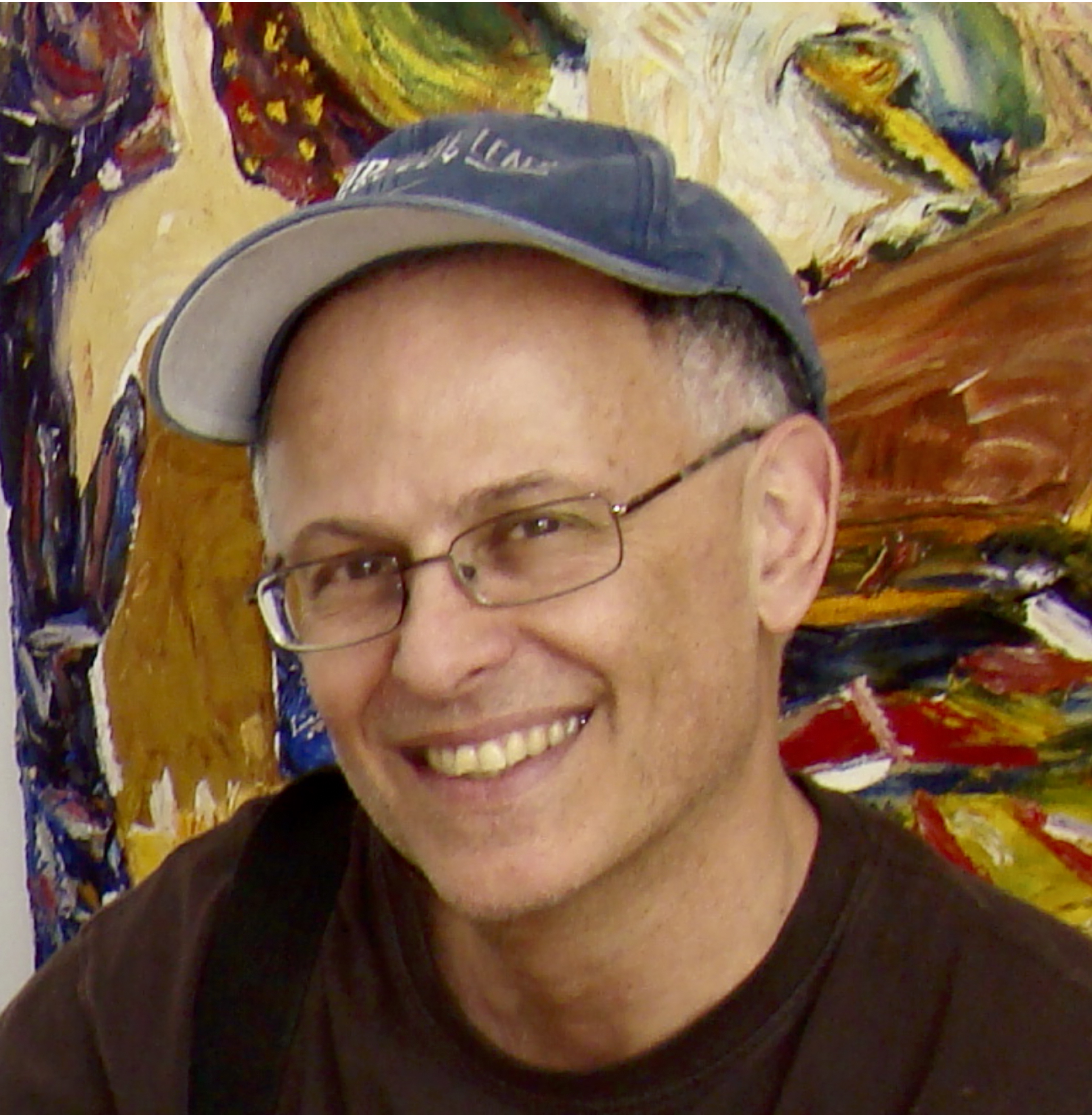
Ed Conway was born and raised in Toronto, receiving degrees in Electrical Engineering and Medicine at the University of Toronto. He completed clinical and research fellowships in hematology-oncology at Harvard and MIT and returned to Toronto as a physician-scientist, establishing a research group in vascular biology that focused on delineating mechanisms that regulate hemostasis and thrombosis. He has since pursued studies as a group leader at the University of Leuven in Belgium, and is now a scientist and Professor of Medicine at the University of British Columbia in Vancouver, Canada where he is the Director of the Centre for Blood Research. There, his research aims to characterize the interplay between the vascular endothelium, coagulation, inflammation and innate immunity using a range of technologies, from bench to bedside.
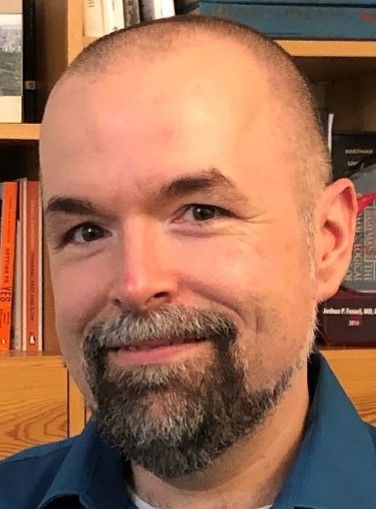
Josh Fessel is the senior clinical advisor in NCATS’ Division of Clinical Innovation, where he serves as a liaison between basic, translational, and clinical scientists and helps build bridges between multiple stakeholders to ensure that the most innovative clinical science moves forward. He works closely with the Clinical and Translational Science Awards (CTSA) consortium, with all of the different components of NCATS, across NIH ICs, and across USG agencies to help streamline existing processes (e.g., single IRB operations, clinical trial metrics, data management and sharing) and to accelerate innovation in clinical and translational research (e.g., novel trial designs and analytical approaches, incorporation of cutting edge real-world data and digital health methods). In addition, Josh has worked on multiple NIH-wide and USG-wide efforts responding to the SARS-CoV-2/COVID-19 global pandemic for both acute COVID and for post-COVID conditions (i.e., long COVID).
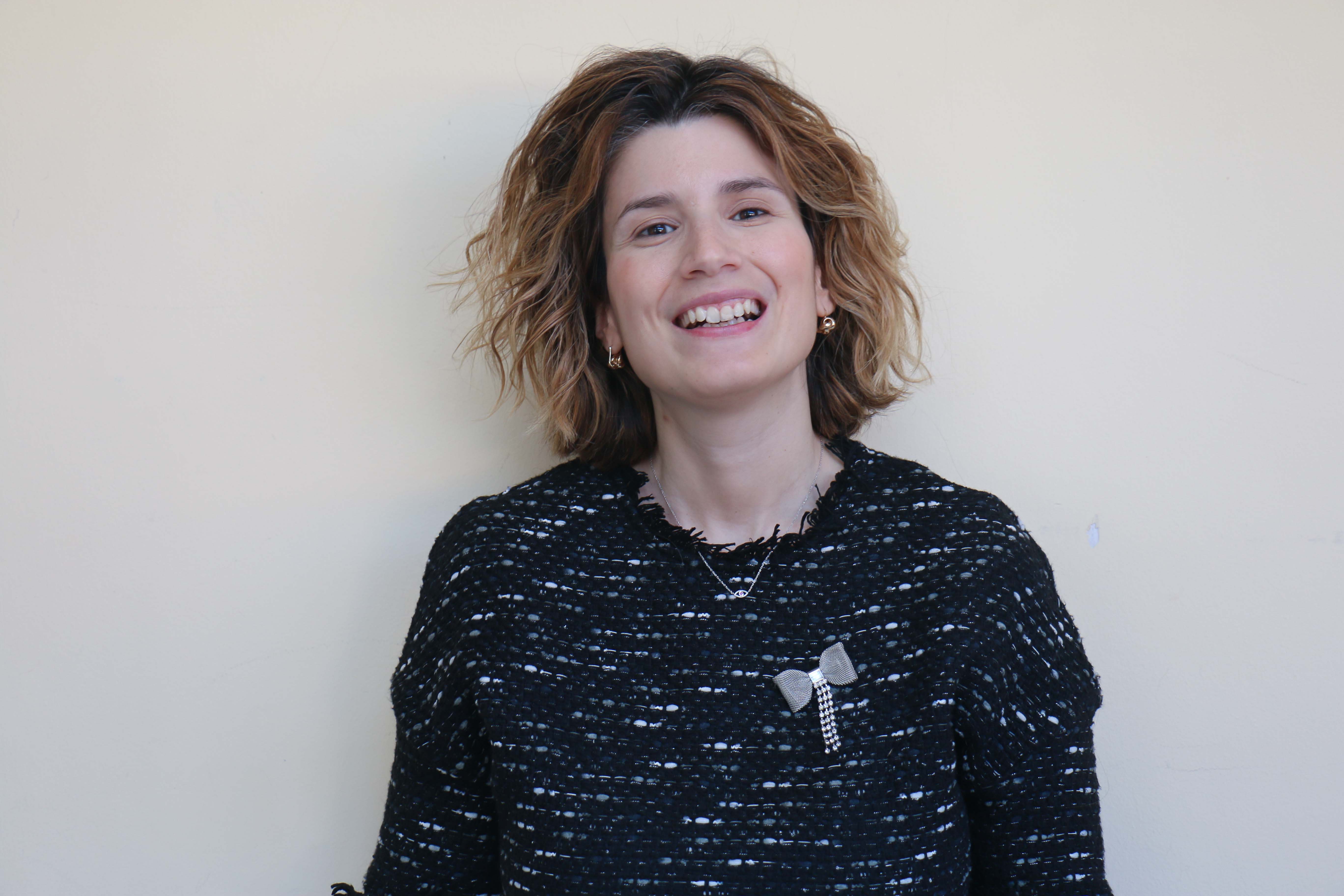
Dr. Gavriilaki is a clinician-scientist with an exceptional record of training and accomplishments. She received her medical degree from the Aristotle University of Thessaloniki graduating first out of 214 students in 2010 and her PhD (Excellent with Distinction) in Internal Medicine-Hematology with a special interest in thrombosis and hemostasis in 2016. She worked as a postdoctoral fellow at Johns Hopkins Hospital and then completed her specialization in Hematology Department – Bone Marrow Transplantation Unit at George Papanicolaou Hospital of Thessaloniki, the largest center in Greece and the Balkans.
Dr. Gavriilaki has established a unique clinical and research program in the field of complement-related diseases, including COVID-19.
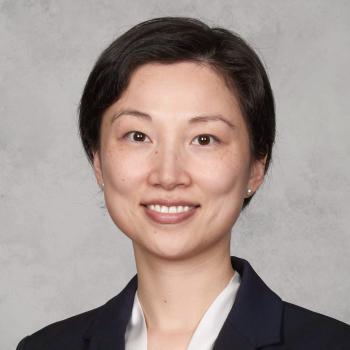
Dr. Geng is the co-founder and co-director of Stanford's integrated, multidisciplinary Long COVID clinical and research program. Dr. Geng's area of focus is in advancing the care of patients with complex, puzzling conditions and, since the pandemic, has led multiple research projects on Long COVID and infection-associated chronic illnesses. Dr. Geng is currently co-principal investigator of one of the first clinical trials testing antiviral therapy for Long COVID symptoms and a Stanford site investigator in the NIH RECOVER (Researching COVID to Enhance Recovery) initiative. Dr. Geng also serves on expert advisory councils and collaborative working groups for defining Long COVID care guidelines and advancing Long COVID treatment through innovative research approaches.
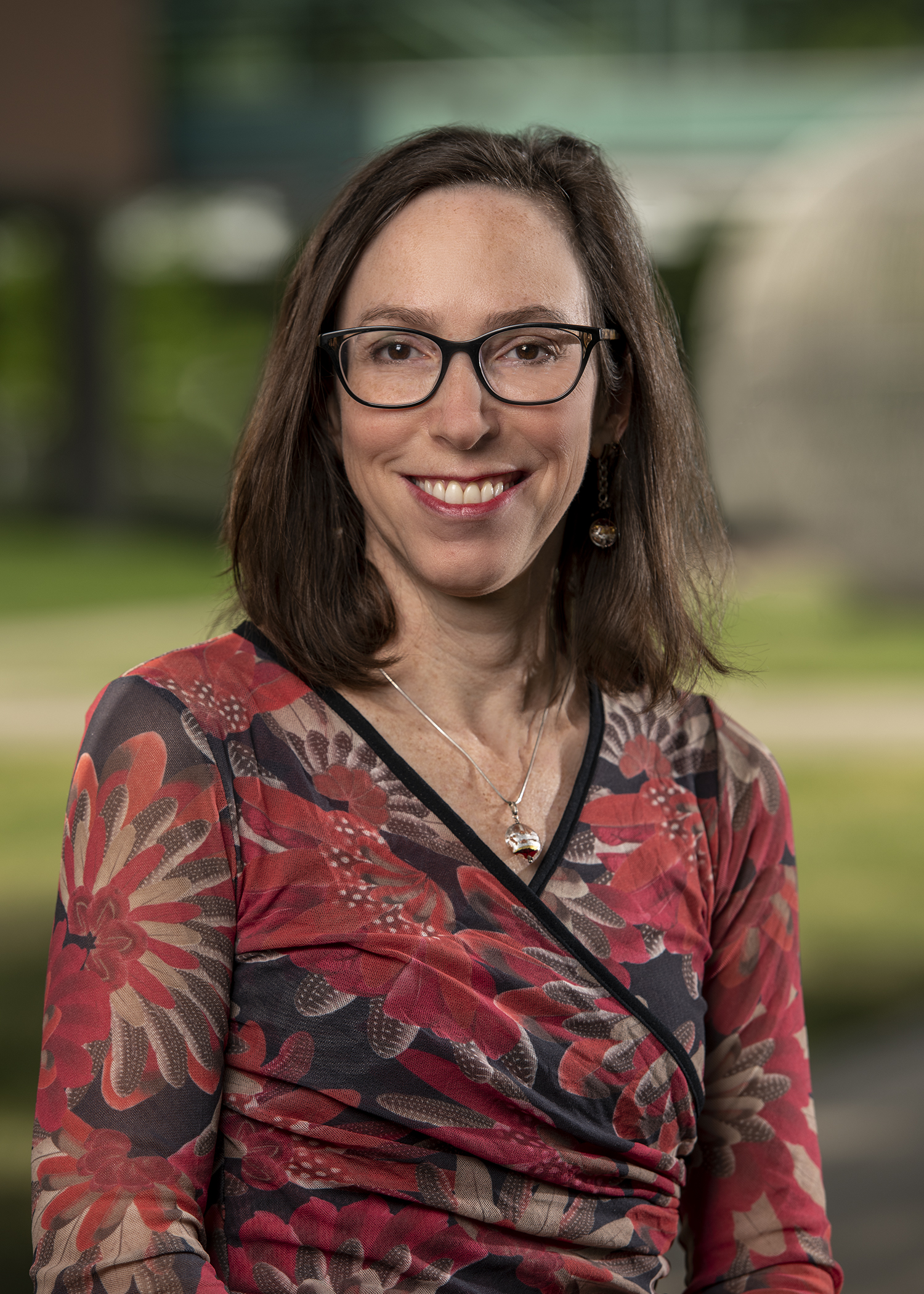
Melissa Haendel is the Chief Research Informatics Officer at the University of Colorado Anschutz Medical School and the co-Director for the National Covid Cohort Collaborative. Her background is in molecular genetics and developmental biology as well as translational informatics, with a focus over the past decade on open science and semantic engineering. Dr. Haendel’s vision is to weave together healthcare systems, basic science research, and patient-generated data through the development of data integration technologies and innovative data capture strategies. Dr. Haendel’s research has focused on the integration of genotype-phenotype data to improve rare disease diagnosis and mechanism discovery. She also leads and participates in international standards organizations to support improved data sharing and utility worldwide.
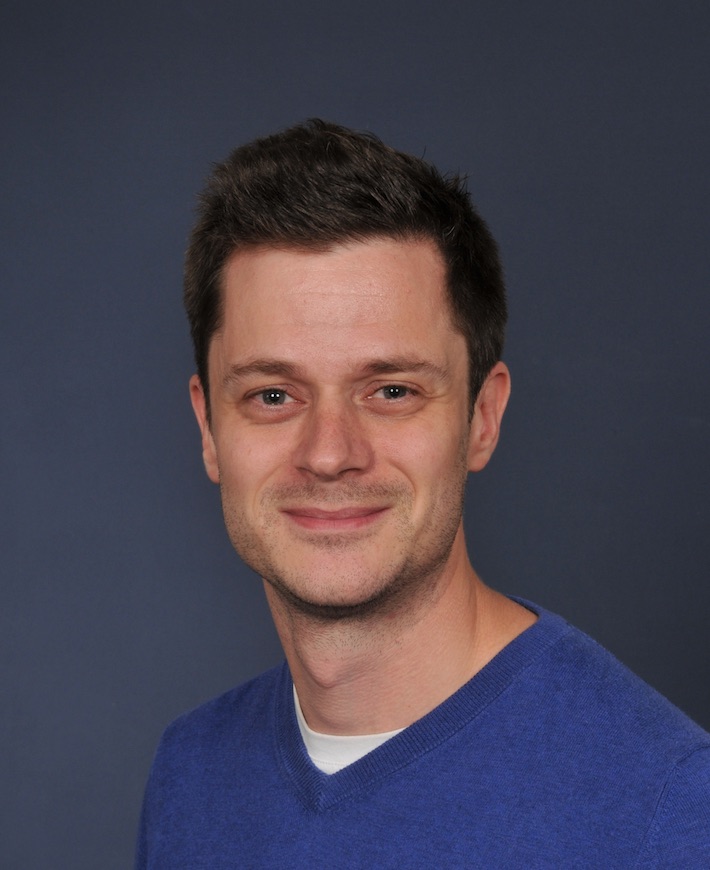
James is a Senior Lecturer/Associate Professor and group leader at Imperial College London with a long-standing interest in understanding immune responses at barrier surfaces. He completed his PhD at St Mary's Hospital with Peter Openshaw, before moving to the US for 5 years, where he was an Irvington Institute Fellow in Elina Zuniga’s Group in San Diego before establishing his team at Imperial in 2013. His team’s current research interests revolve around understanding the regulation of T cells during respiratory infection and inflammation using mouse models and clinical samples. The majority of his work explores how the immune response is shaped by those first antigenic exposures in early life. During the COVID pandemic his team, in collaboration with those of Prof. Clare Lloyd and Prof. Pallav Shah were able to focus on how humans respond to a novel infection, and how this shapes the respiratory health.
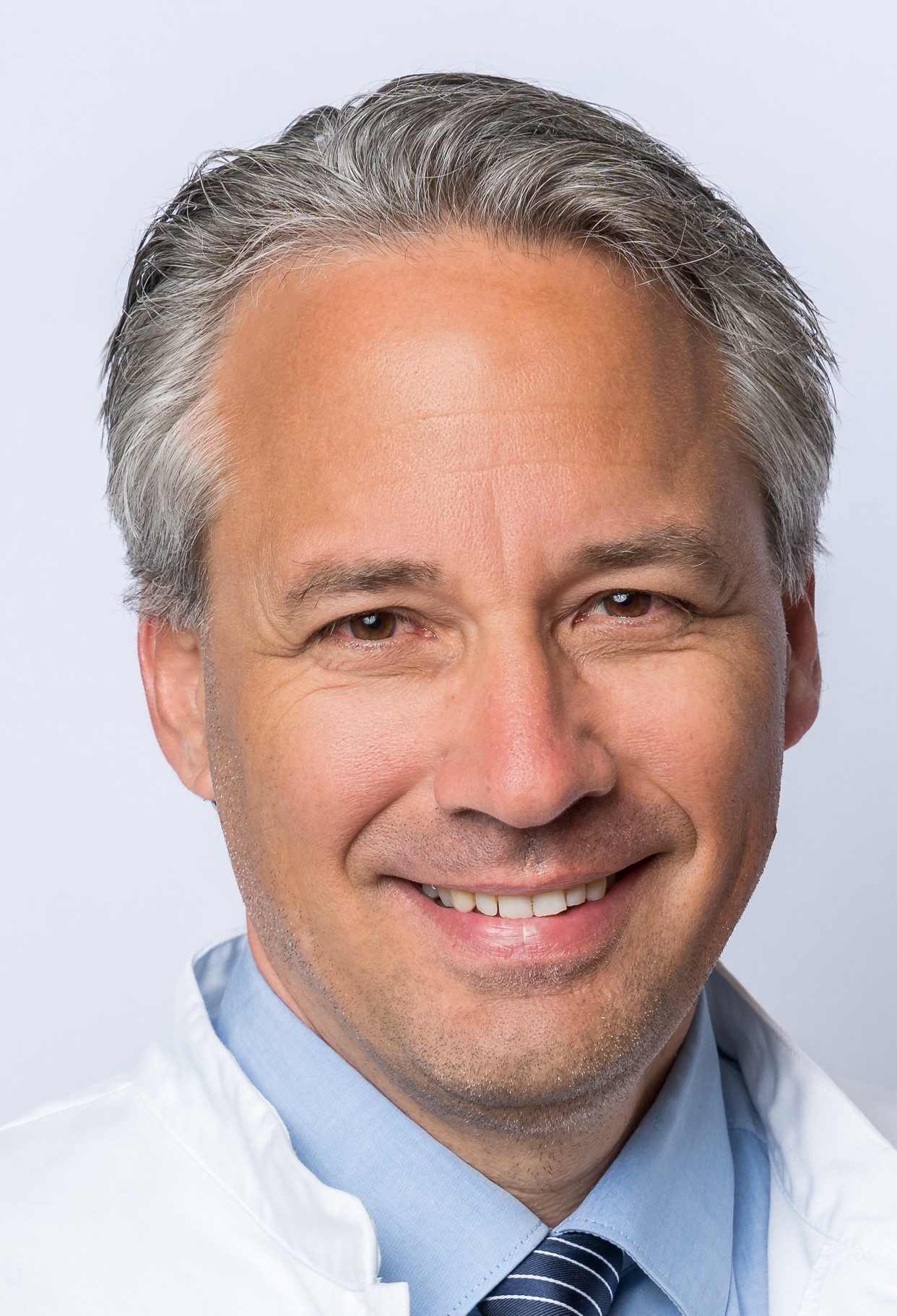
Raimund Helbok is Professor Neurology and specialist in Neurocritical Care and appointed as Chair of Neurology of the Johannes Kepler University Linz, in Austria since April 2023.
After his training in General Medicine, Tropical Medicine and Neurology he conducted his research fellowship at the Division of Neurocritical Care, Department of Neurology, Columbia University Medical Center, New York, USA. He was working for more than 15 years at the Medical University of Innsbruck (MUI) in the field of Neurology and coleading the clinical and research group in Neurocritical care at MUI.
Dr. Helbok’s clinical practice covers the spectrum of neurocritical care, including the management of ischemic and hemorrhagic stroke, subarachnoid hemorrhage, traumatic brain injury, status epilepticus, neuromuscular diseases, autoimmune encephalitis and neuroinfectious diseases. He is involved in several international trials, societies, working for the EMA in the field of Medical Devices and currently co-leading the prospective studies group of the Curing Coma Campaign of the Neurocritical Care Society.
From 2020 on, he co-founded the European Academy of Neurology (EAN) ENERGY registry on Neurologic Manifestations of COVID-19, which has over 270 registered sites worldwide. The EAN formally collaborates with GCS-NeuroCOVID network and contributes to global data harmonization and collaboration on neurologic impacts of COVID-19.
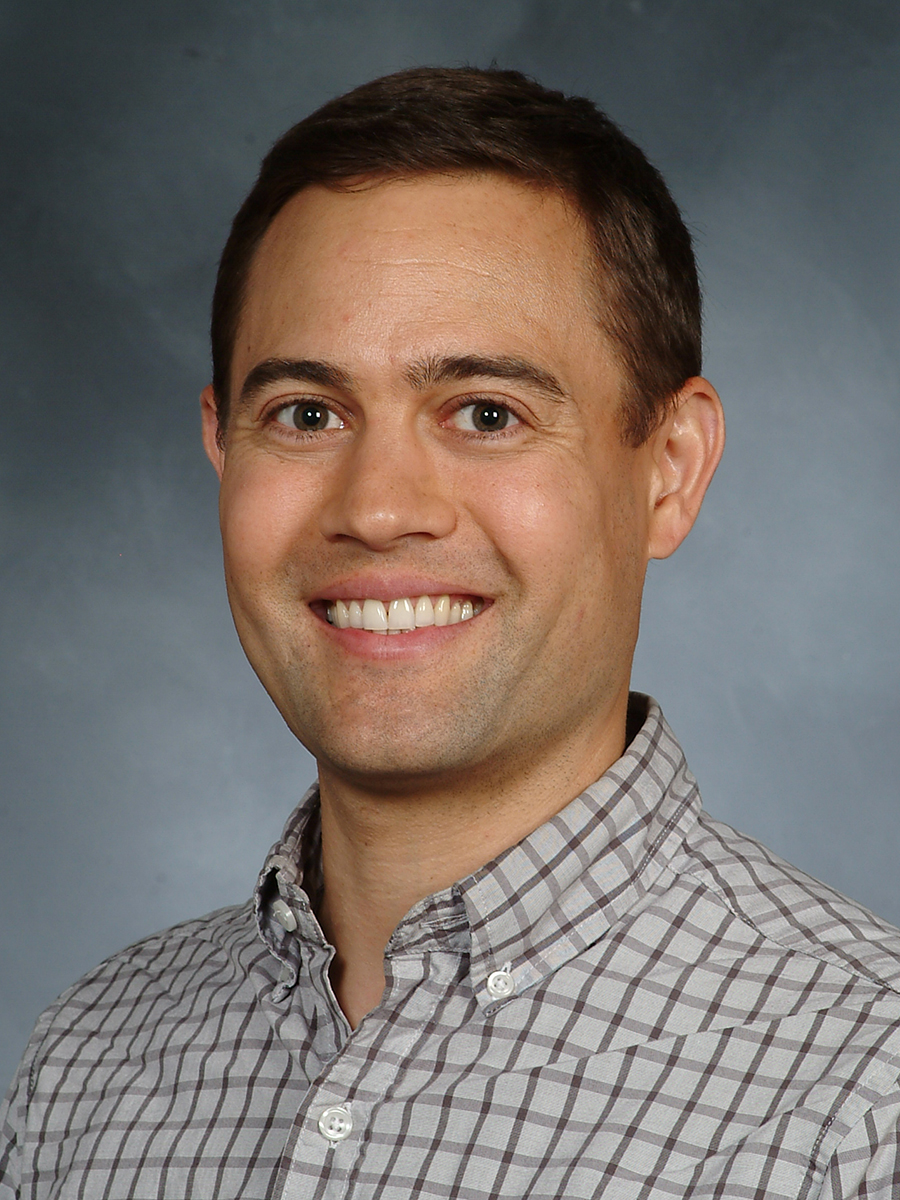
Dr. Steven Josefowicz is an Associate Professor whose research interests and expertise lie at the intersection of immunology (doctoral studies, Alexander Rudensky, MSKCC) and epigenetics (postdoctoral studies, C. David Allis, Rockefeller University). Dr. Josefowicz's research laboratory focuses on the role of “signaling to chromatin” pathways in immune cell development and function and their dysregulation in infectious and inflammatory disease and cancer. Work in the lab has revealed pathways for the transmission of extracellular or cytosolic signals to selectively induce stimulation responsive genes in immune cells. The lab focuses on understanding the transmission of cellular signals to chromatin, dedicated mechanisms of stimulation induced transcription, and molecular mechanisms controlling durable cellular memory of inflammation, with a focus on hematopoietic stem cells (HSC) and their progeny innate immune cells. The lab applies biochemical, epigenomics, and single cell approaches to study fundamental mouse and human HSC epigenetic responses to inflammatory signals. The lab has been recognized for impactful research with the Burroughs Wellcome Fund Pathogenesis of Infectious Disease Award.
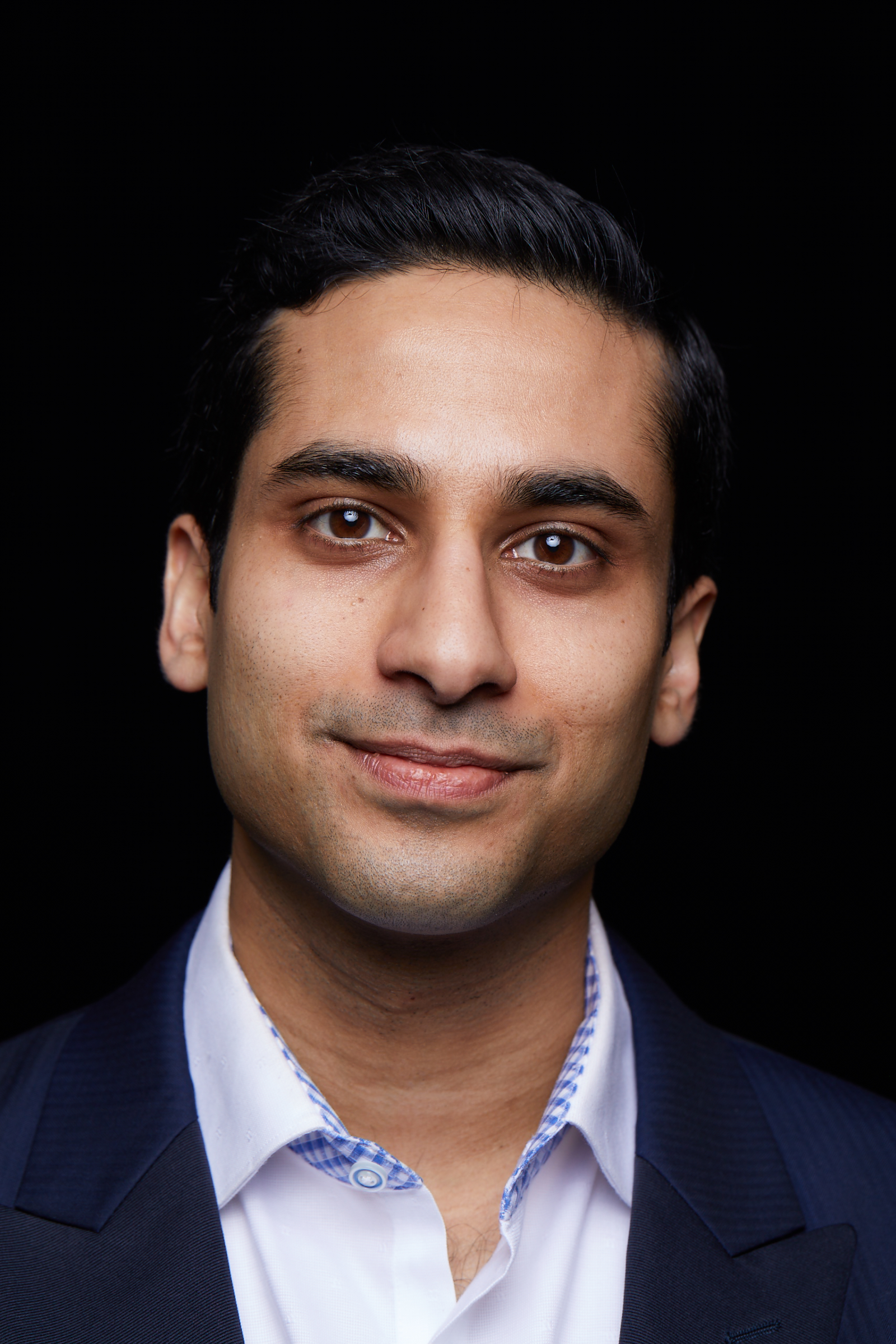
Dhruv Khullar, M.D., M.P.P. is a physician and assistant professor of health policy and economics at Weill Cornell Medical College. He serves as Director of the Physicians Foundation Center for the Study of Physician Practice and Leadership, and his research, which focuses on value-based care, health disparities, and medical innovation, has been published in JAMA and The New England Journal of Medicine. He is also a writer at The New Yorker, where he writes about medicine, health care, and politics. Dr. Khullar earned his medical degree at the Yale School of Medicine and completed his medical training at the Massachusetts General Hospital and Harvard Medical School. He also received a Masters in Public Policy from the Harvard Kennedy School, where he was a fellow at the Center for Public Leadership.
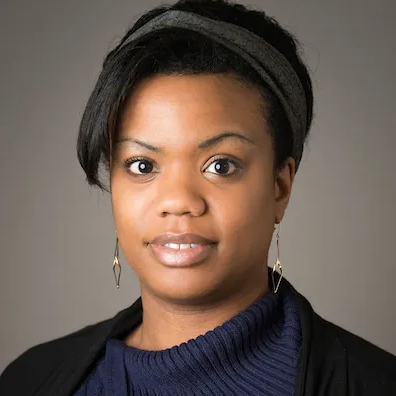
Charisse Madlock-Brown, PhD is an Associate Professor of Informatics at the University of Iowa College of Nursing. She was formerly an Associate Professor in health informatics and information management at the University of Tennessee Health Science Center (UTHSC). Dr. Madlock-Brown is at the forefront of exploring the impact and power of data management, data mining, and visualization techniques. At the UTHSC Research Pipelines Lab, she led a groundbreaking initiative that harnessed the power of distributed computing and storage through an innovative online interface. Her research explores electronic health records, focusing on analyzing data through an AI-driven lens. Her work explores social determinants of health, health disparities, and multimorbidity, illuminating crucial insights that foster equitable healthcare practices.
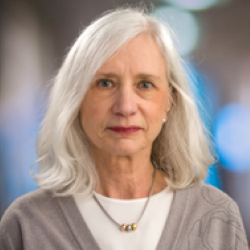
Dr. Julie McElrath, a physician scientist, directs the Vaccine and Infectious Disease Division and serves as the Joel D. Meyers Endowed Chair at Fred Hutchinson Cancer Center. VIDD brings together scientists in translational, quantitative and clinical research to prevent, vaccinate, treat and cure infectious diseases of global health importance, including those impacting immunocompromised persons. Dr. McElrath serves as principal investigator of the HVTN Laboratory Center and the Seattle HIV Vaccine Trials Unit. As a key scientific leader in the development of an effective HIV-1 and now SARS-CoV-2 vaccine, she oversees the implementation of high quality, innovative approaches to reliably interrogate the human immune system on a global scale.
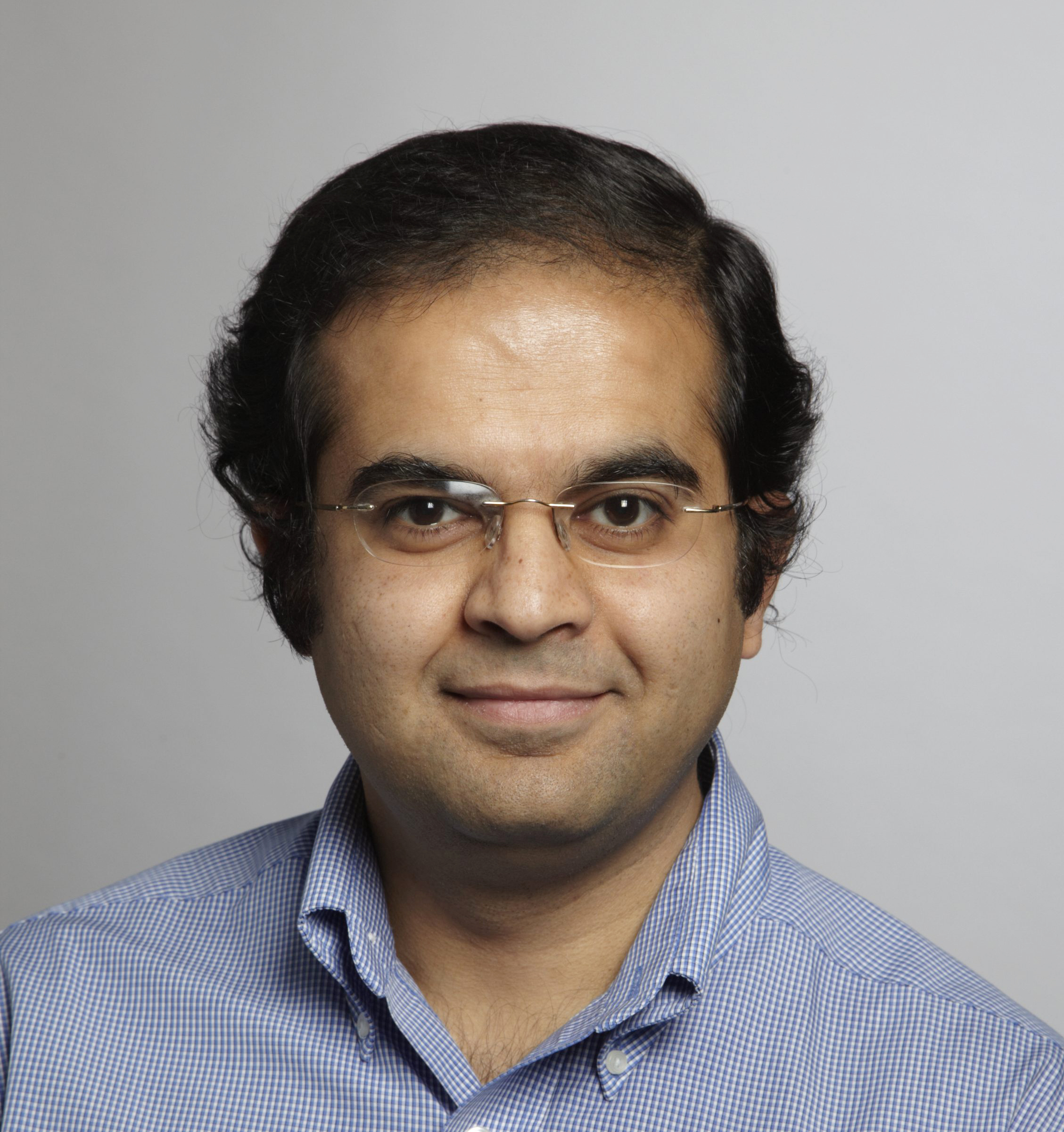
Dr Saurabh Mehandru is a physician-scientist who straddles clinical care and laboratory-based investigation. Dr Mehandru completed his residency training in Internal Medicine at the NYU School of Medicine where he also served as Chief Resident. He received subspecialty training in Gastroenterology at The Icahn School of Medicine at Mount Sinai.
For his laboratory training, Dr. Mehandru undertook post-doctoral training at the Rockefeller University, first working in the Laboratory of Dr. David Ho and then in the Laboratory of Dr. Ralph Steinman, Nobel Laureate in Physiology or Medicine, 2011.
After finishing his post-doctoral training, Dr. Mehandru was invited to join the faculty at Mount Sinai where in addition to serving as Professor of Medicine, and Vice Chair for Research in Gastroenterology, he leads a laboratory of Mucosal Immunology since 2013. His laboratory studies the mucosal immune system and the host-microbial interface. He is an NIH-funded investigator who has received multiple awards and was elected to the membership of the American Society of Clinical Investigation (ASCI).
During the COVID-19 epidemic, his laboratory defined the expression of ACE2 and TMPRSS2 in the human GI tract during health and inflammation (Gastroenterology, 2020), characterized intestinal immune and transcriptomic responses to SARS-CoV-2 (Gastroenterology 2021), and identified for the first, time long term persistence of SARS-CoV-2 in the intestinal epithelium (Nature 2021).
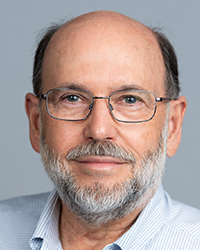
Jim Morrissey has devoted most of his career to investigating how the blood clotting system is controlled in health and disease. He is a Professor of Biological Chemistry and Internal Medicine at the University of Michigan Medical School in Ann Arbor, Michigan, and is the co-Editor-in-Chief (with David Lillicrap) of the Journal of Thrombosis and Haemostasis.
Beginning with the cloning of tissue factor in 1987, Dr. Morrissey's research has focused on biochemical mechanisms by which the blood clotting system is regulated, with a particular interest in understanding how the clotting cascade is triggered, and how protein-membrane interactions regulate blood clotting reactions. In 2006, his laboratory reported the discovery that inorganic polyphosphate, which is released from activated human platelets, is a potent modulator of blood clotting and inflammation, and can help explain the otherwise puzzling role of factor XI in hemostasis. More recently his lab has reported that platelet polyphosphate is a signaling molecule with potential roles in wound healing and fibrosis. Work from his lab has led to spin-offs with potential clinical applications, including new diagnostic assays. His lab is also working on novel hemostatic agents for treating bleeding, and anti-inflammatory/anti-thrombotic agents with reduced bleeding side effects relative to conventional anticoagulant drugs.
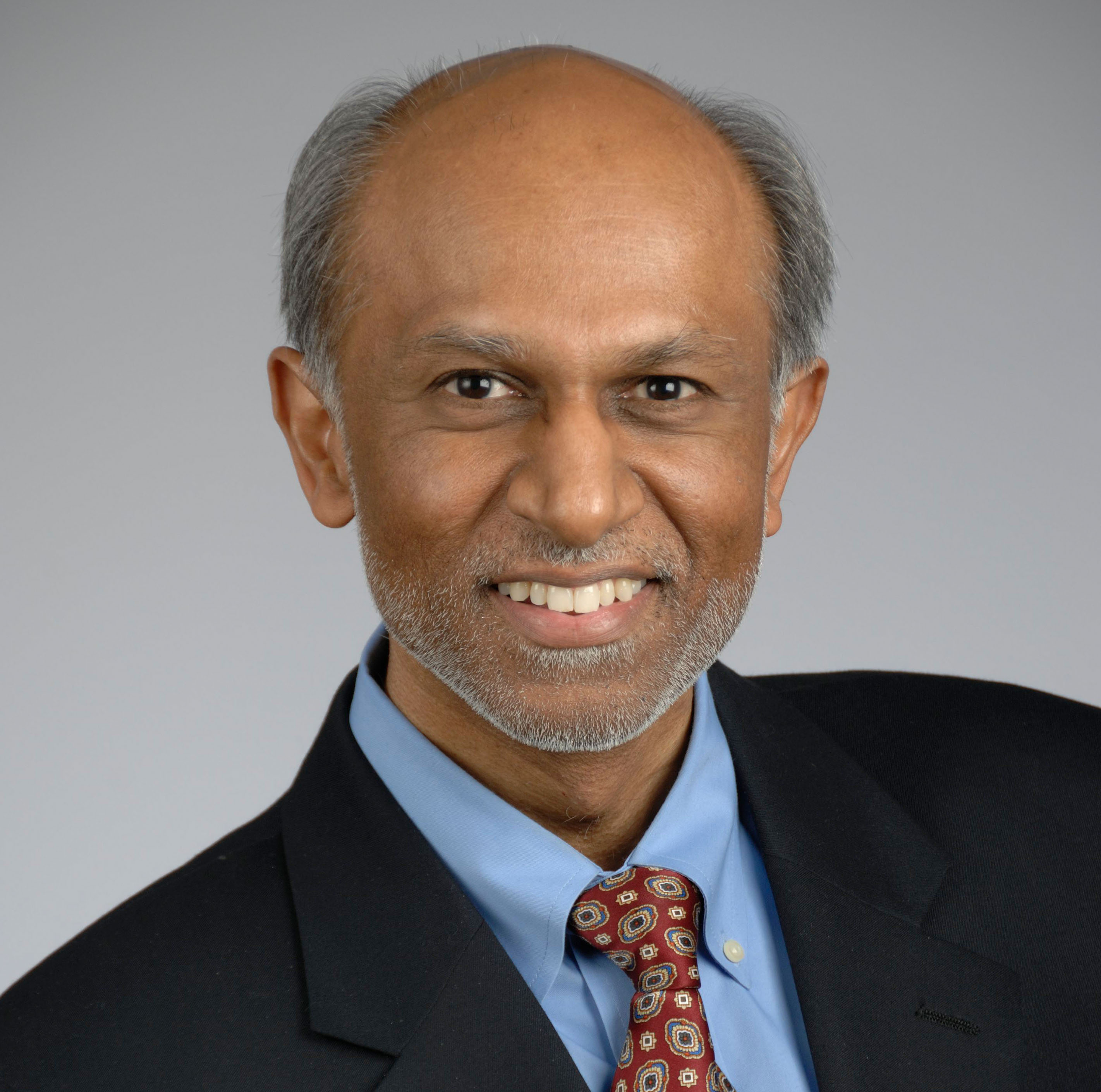
Dr. Nath is the Clinical Director of the National Institute of Neurological Disorders and Stroke (NINDS) at NIH, where he is also Chief of the Section of Infections of the Nervous System, Director of the Translational Center for Neurological Sciences. He specializes in neuro-immunology and neurovirology. His research is focused on studying the clinical manifestations and pathophysiology and developing treatments for neurological infections with a focus on HIV infection and endogenous retroviruses. In recent years, he has studied the neurological complications of emerging infections including Ebola, Zika virus and SARS-CoV-2 and conducts research on patients with undiagnosed neuroinflammatory disorders. He has served on advisory committees to the NIH, CDC, FDA and WHO. He is the past President and the recipient of the Pioneer award from the International Society of NeuroVirology. He received the Wybran award from the Society of Neuroimmune Pharmacology for contributions to Neurovirology. He also received the NIH Director’s award for his work on SARS-CoV-2 and the Health and Human Services Secretary’s award for his work on Ebola infection. He is an elected member of the Association of American Physicians, an elected Fellow of the American Association for the Advancement of Science and a Board member of the American Neurological Association.
Dr. Oaklander is a Harvard Medical School Associate Professor of Neurology and Assistant in Neuropathology at Massachusetts General Hospital. After undergraduate studies at Columbia and Cornell she received MD and PhD (neuroscience) degrees from Albert Einstein College of Medicine. After Rutgers Neurology residency and Peripheral Nerve fellowships at Johns Hopkins School of Medicine, she joined Hopkins’ faculty. At MGH she directs the Nerve Unit, an NIH and FDA-funded team that researches peripheral neuropathies. Her 130+ publications documented evidence of small-fiber pathology in 40% of fibromyalgia patients, and her team characterized early onset small-fiber neuropathy in children and young adults. She proposed inflammation/autoimmunity as the most common cause of small-fiber neuropathy (SFN) in otherwise healthy children and young adults. In 2018, she published the first large case series showing benefit from immunotherapy for patients of all ages with dysimmune SFN. She co-authored the 1st clinical trial for HSAN-1 and founded and directs the multi-lingual Neuropathy Commons.org website for patients. A Fellow of the American Academy of Neurology and the American Neurological Association, her research has been profiled in Science, Scientific American Mind, by PBS and YouTube. She has served on NIH’s Research Advisory Council and on review and advisory panels for the NIH, the FDA, the AAN, the Institute of Medicine, and on various editorial boards, currently Neurology® Neuroimmunology & Neuroinflammation.

Dr. Proal serves as President/Chief Scientific Officer of PolyBio Research Foundation and directs the Organization's Long Covid Research Consortium (LCRC). She holds a Bachelor of Science in biology from Georgetown University and a PhD in microbiology from Murdoch University in Australia. Her work examines the molecular mechanisms by which viral, bacterial, and fungal pathogens dysregulate human gene expression, immunity, and metabolism. In her work with PolyBio Research Foundation and the LCRC she conceptualizes and coordinates large-scale collaborative research projects among research teams studying infection-associated chronic illnesses such as LongCovid, ME/CFS and LongLyme. She has written multiple review articles that delineate core biological drivers of both the LongCovid and ME/CFS disease processes. She is a regular speaker at infection-associated chronic disease conferences including IACFS/ME, LymeMind and The International Congress on Autoimmunity.
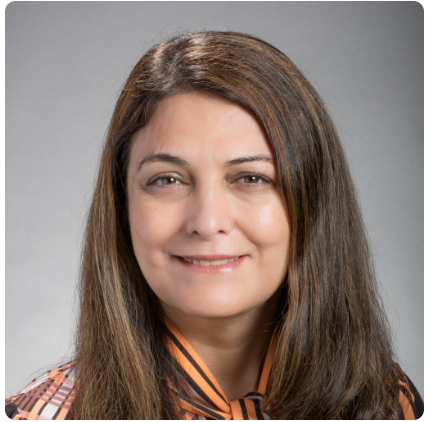
Shabnam Salimi is a multidisciplinary scientist studying the mechanism of healthspan and lifespan. She uses clinical and laboratory tools to define health and multimorbidity as the rate of aging and functional decline and response to stress. Her works evolved around determining clinically and biologically meaningful algorithms that measure the rate of aging, “omics” that track healthspan and lifespan, and how they respond to antiaging modalities and interventions. She has developed BodyClock and Health OctaTool in human and animal models, and PathoClock and PathoAge, PhysiocClock, and PhysiocAge using pathology and physiology measures in mice models. She joined the University of Washington to continue her goals of understanding mechanistic roles in heterogeneous aging patterns in body and brain systems in different context.
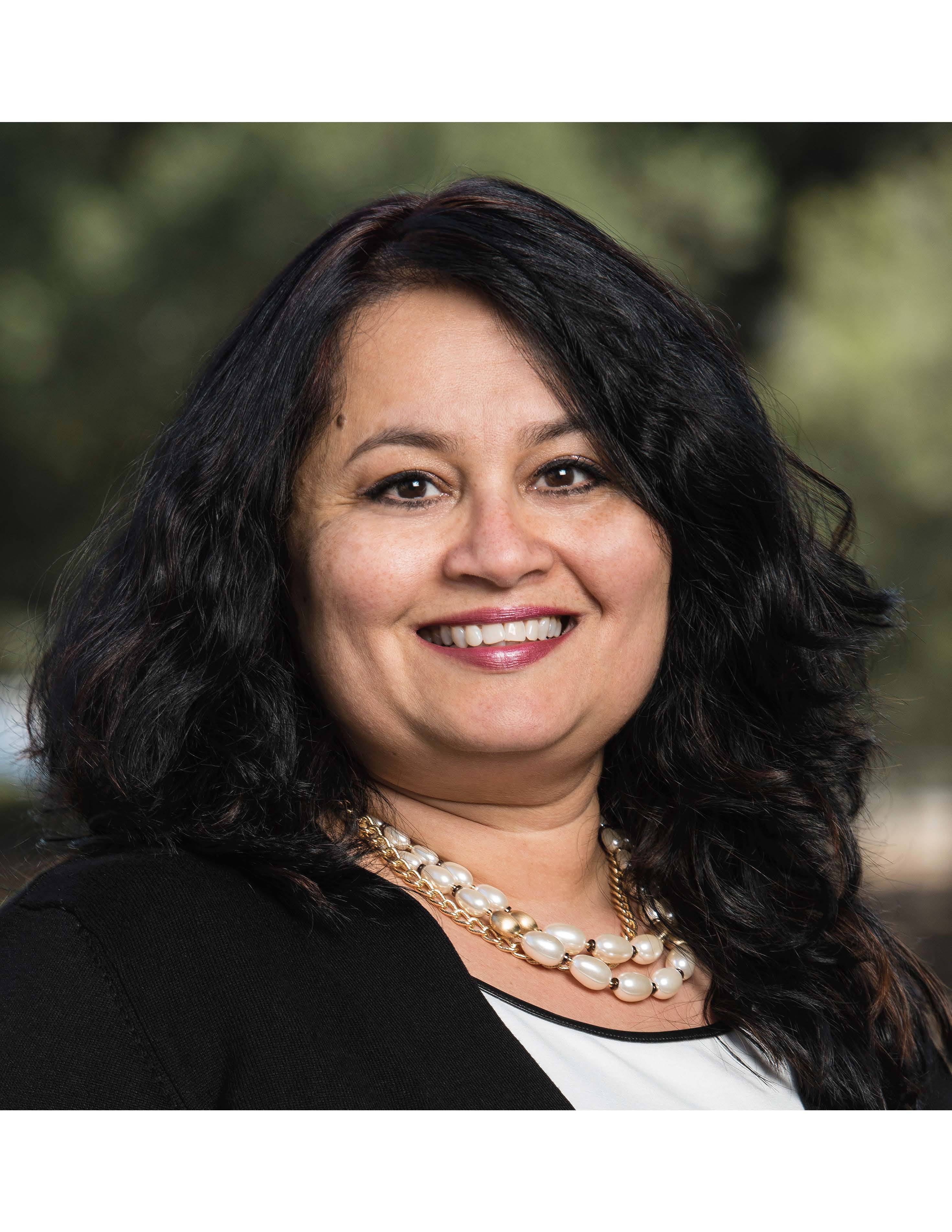
Dr Singh is a physician scientist with clinical training in Infectious Diseases and research expertise in Covid-19 and post-acute sequelae of Covid-19 (PASC) or Long-Covid. She is Professor and Chief, Division of Infectious Diseases and Geographic Medicine in the Department of Medicine, Stanford University School of Medicine. She also serves as the Associate Chair for Faculty Development in the Department of Medicine.
Dr Singh is a Fellow of the IDSA, a member of ASCI and a Deputy Editor at the Journal of Infectious Diseases.
Her research efforts in Covid-19 began with leading multiple investigator-initiated clinical trials in 2020, contributing to leadership of large, national Covid-treatment studies including ACTIV-2, leading the Stanford hub for the NIH RECOVER study, and initiating the first study globally to study the effect of Paxlovid on treatment of Long-Covid. She also led efforts to establish a Long-Covid clinic at Stanford, which launched in May 2021.
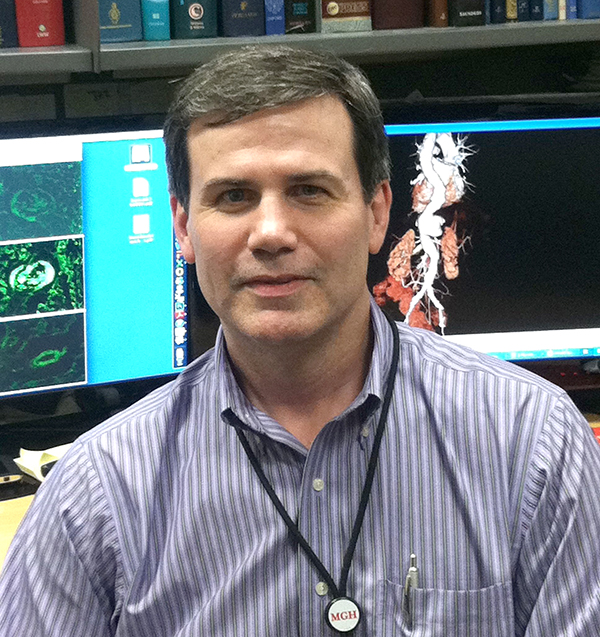
Dr Stone directs the cardiovascular pathology and autopsy services at Massachusetts General Hospital. Previously he completed medical school at the University of Michigan in the Medical Scientists Training Program, an 8-year program in which he earned both an M.D. and a Ph.D. He then completed residency training in anatomic pathology as well as a cardiovascular pathology fellowship at Brigham and Women’s Hospital and Harvard Medical School. For three years he served as a staff pathologist at Brigham and Women’s Hospital practicing cardiovascular pathology, autopsy pathology, and pulmonary pathology. In 2003, he was recruited to Massachusetts General Hospital to direct the Cardiovascular Pathology Service. In addition, he is currently an Associate Professor of Pathology at Harvard Medical School, and teaches cardiovascular pathology to Harvard Medical Students, and Pathology Residents and Fellows at Massachusetts General Hospital. In addition to clinical and teaching responsibilities, he directs a basic science research laboratory, studying disease mechanisms related to cardiovascular diseases with particular focus on atherosclerosis, vasculitis, myocarditis, amyloidosis, and SARS-CoV-2 associated pathologies.
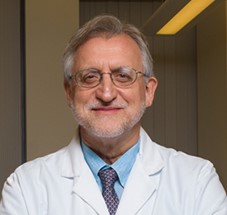
Dr. Theoharides is Professor and Vice Chair of Clinical Immunology and Director, Institute of Neuro-Immune Medicine-Clearwater, and Adjunct Professor of Immunology, Tufts School of Medicine where he was Professor of Pharmacology and Internal Medicine, Director of Molecular Immunopharmacology & Drug Discovery, and Clinical Pharmacologist, Massachusetts Drug Formulary Commission (1983-2022). He received his BA, MS, MPhil, PhD and MD degrees and the Winternitz Price in Pathology from Yale University. He also received a Certificate in Global Leadership from Tufts Fletcher School of Law and Diplomacy and a Fellowship at Harvard Kennedy School of Government. He trained in internal medicine at New England Medical Center which awarded him the Oliver Smith Award “recognizing excellence, compassion and service.” He received the Tufts Distinguished Faculty Recognition and Excellence in Teaching multiple times, and the Alumni Excellence in Service. He showed that the unique tissue immune cells, mast cells, are critical for neuroinflammation, especially the pathogenesis of autism spectrum disorder, chronic fatigue syndrome and Long-COVID. He has 480 publications (44,904 citations; h-index 103) placing him in the world’s top 2% of most cited authors and was rated worldwide expert on mast cells and luteolin by Expertscape. He has developed novel dietary supplements containing liposomal flavonoid (luteolin, quercetin) combinations (e.g. BrainGain®, CystoProtek®, FibroProtek®, NeuroProtek®) formulated in olive pomace oil and ViralProtek® (containing eriodictyol and oleorupein). He has received 40 patents and trademarks; he was inducted into the Alpha Omega Alpha National Medical Honor Society, the Rare Diseases Hall of Fame and the World Academy of Sciences.(www.mastcellmaster.com; www.algonot.com).